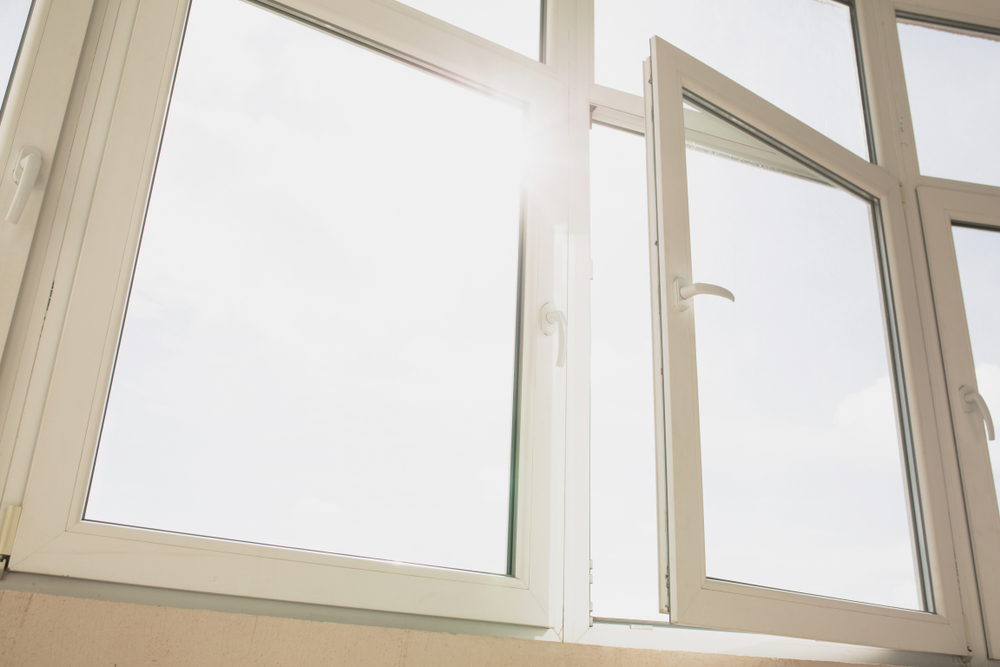

As a homeowner, do you pay attention to the different materials that make up your property? Or are you confused because of the many options that exist? After all, these different types have their own care instructions.
Well, opposed to the traditional misconception, not all windows are glass. Therefore, you should avoid cleaning your windows as if you would clean a glass window, especially if you have vinyl windows. You should cautiously follow certain steps when attempting to clean vinyl windows. Read to find out.
Prominent Features of Vinyl Windows
Vinyl is a synthetic-plastic made from ethylene and chlorine. Vinyl has also grown as a major construction material over the years due to some of its significant features that benefit the users tremendously.
- Environmentally friendly (vinyl is recyclable)
- Moisture and damping resistant
- Resistant to insects, pests, and decay
- Durability is a distinctive feature because vinyl windows do not blister, chip, or splinter. Moreover, they do not require sanding or paint
- Energy efficient (insulating power)
- Low-Maintenance because they require simple cleaning routines
Let’s talk about how to clean and maintain vinyl windows.
Cleaning and Maintaining Vinyl Windows
The first step in cleaning vinyl windows is to separate the window panels for thorough cleaning. Vacuum the windows panels to get rid of dust or leaves. The next step involves creating a cleaning solution.
Remember, these are not glass windows but rather synthetic plastic-based. Therefore, consider adding a cup of vinegar to a gallon of warm water. Consequently, you can use a mild non-detergent soap with a gallon of warm water. Use this cleaning solution with a slight hint of lemon juice to eliminate the smell of vinegar.
Avoid using abrasive chemical detergents in the solution or sprays. These can deteriorate vinyl windows and may even render your warranty void. You should take similar precautionary measures when choosing a suitable cloth or rag to wipe the windows.
Use a microfiber cloth to gently clean the windows after dipping them in the solution. Avoid applying pressure on the window panels to prevent any scratches. Abrasive cloths, paper towels, or sponges can damage vinyl window panels. Furthermore, avoid letting the solution sit on the panels for long periods and clean it off gently.
After rinsing vinyl window panels, use a soft and absorbent cloth to soak up the water and solution from the panels. Refrain from using a pressure nozzle to clean the vinyl windows, as it can result in water stains and scratches on the panels.
Conclusion
If you’re interested in new windows, our team at Atlantic Window Warehouse can help. Our highly trained construction personnel strive to provide impeccable customer service. Contact us today.
